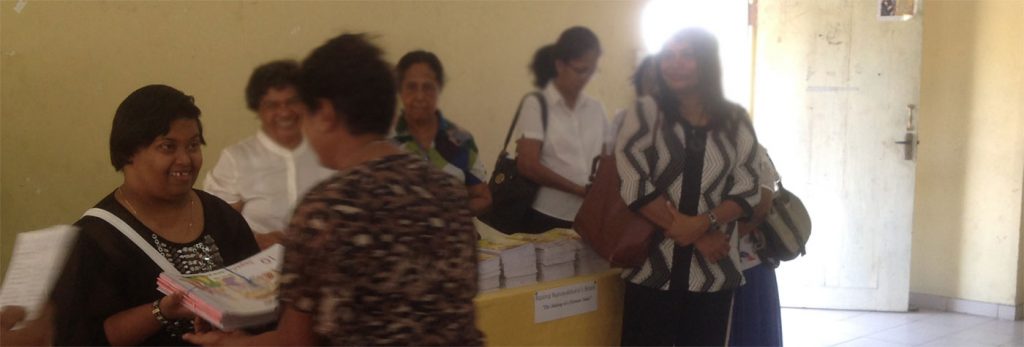
Lanka Special Child – The Mentally Challenged in Sri Lanka
For our purposes, in LankaSpecialChild, the Special child is referred to mean the mentally challenged Special Needs (SN) Child and young adult. In Sri Lanka the SN individuals comprise roughly 4% of the population by most estimates. Traditionally, due to religious and cultural beliefs, Sri Lankan society has viewed these individuals with special needs as having inherited this condition because of their past or parents’ sins. As a result, families invest their resources in various forms of indigenous healing practices to “cure” or liberate the child.
However, in the last decade with access to information and knowledge via the internet, society at large is moving towards accepting these individuals as part of society. Generally, the focus has moved from curiosity, ridicule and blame to acceptance, tolerance and understanding. Yet, there still prevails an attitude of condescension and at most times, avoidance of social interaction. Accepting these individuals in their own rights still remains a challenge for society.
The local media too has begun to focus more on providing a platform to exhibit their innate skills and aptitude for dancing, which has undoubtedly increased the public’s awareness and acceptance. Still, critical issues such as the unique needs of special needs individuals, demands on families and the long term care challenges are not being given their due place. More important areas of educating society at large and guiding and supporting the families and siblings on how to care for these special individuals is downplayed. The SN Cause does not take a prime place in the services offered by the State

In keeping with the aims and objectives of the World Down Syndrome day 2018, the Rosina Nanayakkara Charitable Trust, on behalf of the Special Needs Persons in general present the following for the consideration and action of the Government and other responsible institutes:
- People with Down Syndrome are valuable Members of the Community
- They bring to the community like any other member, their skills, abilities and capabilities.
The Rosina Nanayakkara Charitable Trust along with families of Special Needs Persons, their care takers, other interested individuals and institutes raise their voices on behalf of the Special Needs Persons and present the following:
- People with Down syndrome and other Special Needs can and do make meaningful contributions throughout their lives, whether in schools, workplaces, living in the community, public and political life, culture, media, recreation, leisure and sport.
- Initiate a project where these SNs children are registered into the state school system
- Provide facilities for these SNs persons to have appropriate instructions two days a week in such primary schools.